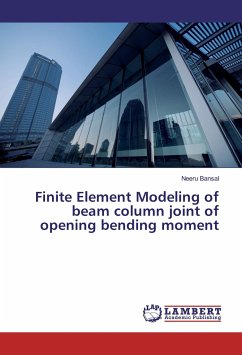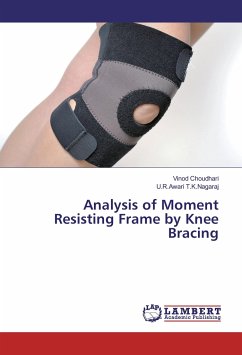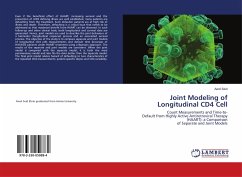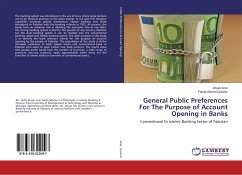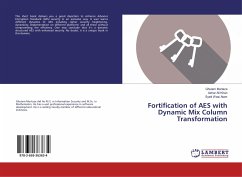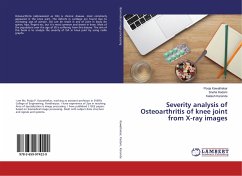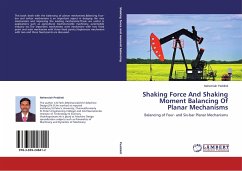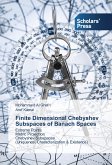In most of the civil structures, continuity between two adjacent members is necessary; this can be even though the members' angle. The joint formed from this assembling usually refers to the "corner".The term ''corner'' in this investigation is used to describe a corner joint formed by the joining; at 90 degree of the ends of two flexural members. In general, the failure of opening corners is invariably characterized by the low tensile strength of concrete, resulting in the initiation of a splitting tensile crack originating at the re-entrant corner and gradually moving out along the corner diagonal towards the exterior corner Various studies have been carried out experimentally by using fibers in the corners under opening and closing corners, but no research has been carried out to validate these results analytically. This study is carried out to perform the tests experimentally and then to validate the results analytically using finite element modelling of the fibrous and non-fibrous concrete corner joints under opening moments.
Bitte wählen Sie Ihr Anliegen aus.
Rechnungen
Retourenschein anfordern
Bestellstatus
Storno

